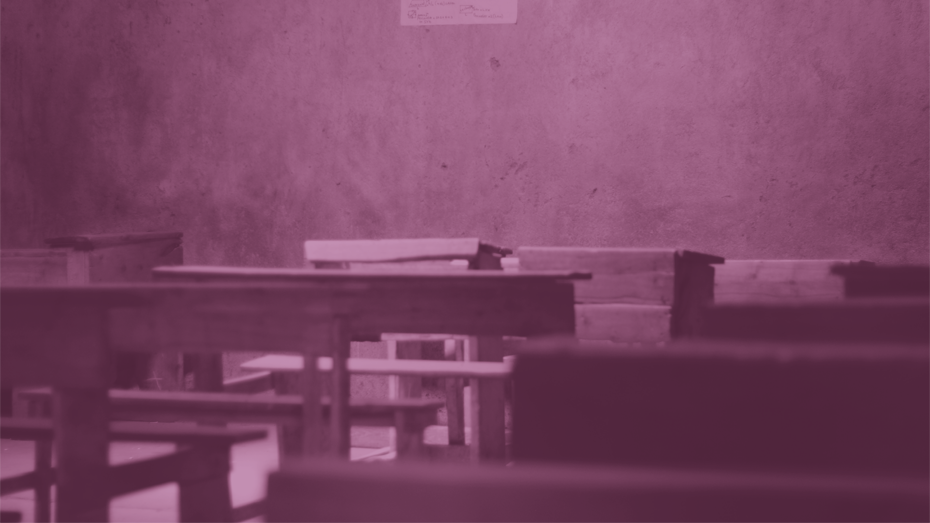Mobile Apps for Inclusive Education

One in seven people in the world has some form of disability, yet the majority of these people do not attend school. Even when they do, they tend to have worse education outcomes, including fewer years of schooling and lower math and science scores when compared to their peers without disabilities. Since it is widely accepted that the returns to education are large and long term, interventions that look to improve the education outcomes of learners with special needs therefore become imperative. From a supply side, several interventions have been touted as plausible solutions to the education crisis for special needs learners. Yet little empirical evidence exists on the efficacy of such interventions on education outcomes, whether from a policy or practitioner point of view.
This project aims to contribute rigorous evidence on the role of technology and e-learning for learners with disability, by investigating the role of a mobile app in Kenya that provides both curriculum material and motivational messages to special needs learners. We run a field experiment with primary school learners with disabilities to test if learners who use the app have improved test scores, transition to secondary school, and have improved mental well-being.
Furthermore, to answer the question whether policies targeting persons with disabilities are effective in improving their welfare, we analyze disability-targeted laws/policies in sub-Saharan Africa. We specifically investigate the effect of passing disability laws on the enrollment and years of schooling of special needs learners.
Researchers: Isabel Günther
Alumni: Frank Otieno Odhiambo